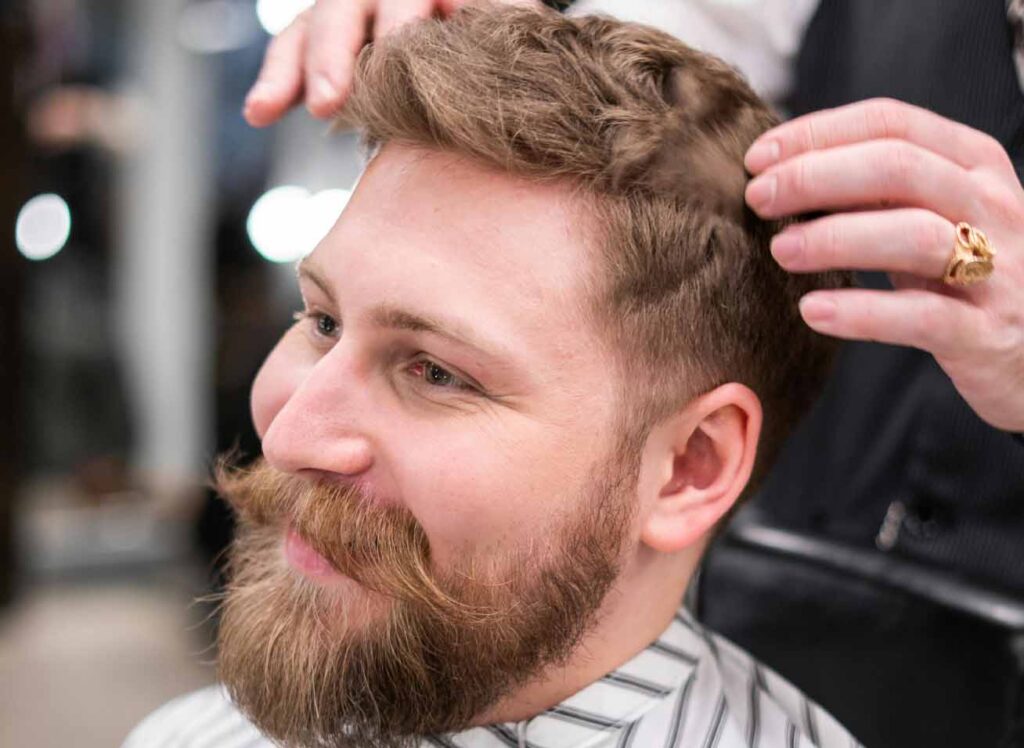Hair loss is a concern affecting both men and women, though it has traditionally been more associated with men. For women seeking effective solutions, hair transplants have emerged as a promising option. Hair Transplants More Complex for Women: But does this procedure present more challenges for women than for men?

Examining Female Hair Loss
Hair loss in women often presents differently than in men. While men typically experience a predictable pattern of baldness, women are more likely to face diffuse thinning rather than distinct bald spots. This diffuse pattern can make it more difficult to pinpoint suitable donor areas for transplantation. Hormonal fluctuations, including changes in estrogen and progesterone, also play a significant role in female hair loss, potentially impacting the success of hair transplant procedures.
Challenges with Donor Hair
The effectiveness of hair transplants depends heavily on the availability of donor hair. In men, the donor area (usually the back and sides of the scalp) generally contains resilient, stable hair follicles that are less prone to balding. In women, however, donor areas may be affected by more widespread thinning, which can complicate the process of finding enough healthy follicles for transplantation. This can affect the overall success of the procedure.
Surgical and Aesthetic Factors
Hair transplant surgery involves carefully extracting hair follicles from the donor area and implanting them into the thinning or bald areas. This delicate process requires precise techniques to ensure natural-looking results. Women’s hair growth patterns—including angles, directions, and densities—can vary more than men’s, necessitating modifications in surgical approaches. Additionally, women’s expectations for hairline aesthetics and overall density can differ from those of men, adding further complexity to the procedure.
Hormonal and Medical Considerations
Hormonal changes, such as variations in estrogen and progesterone, can significantly influence hair growth patterns in women. Conditions like polycystic ovary syndrome (PCOS) can also contribute to hair loss, complicating both diagnosis and treatment. A comprehensive understanding of these medical factors is crucial for effectively planning and performing hair transplants for women.
Psychological Impact
The psychological effects of hair loss can be significant, particularly for women, who often face increased societal pressure regarding their appearance. Successful hair restoration can greatly boost self-esteem and quality of life. Consequently, achieving desirable cosmetic results is especially important for female patients.
Conclusion
While hair transplants are a viable option for both men and women, Hair Transplants More Complex for Women due to unique challenges. Factors such as donor hair availability, diverse hair loss patterns, and hormonal influences require a customized approach. Advances in surgical techniques and a deeper understanding of female hair loss have enhanced outcomes, making hair transplants a more viable option for women. With skilled COVA Hair Surgeons and tailored treatment plans, women can achieve successful results, restoring their hair and confidence.
Consult with a qualified COVA Hair restoration surgeon who can guide you through the process and help determine the best approach for your specific needs.


